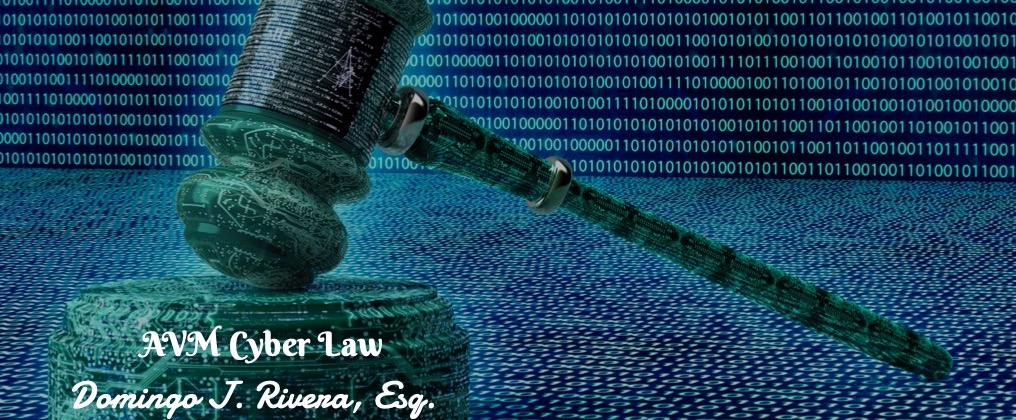Peer to Peer (P2P) software is great! - until the SWAT team arrives
Fri, Jan 25, 2008
Read in 3 minutes
By the time you hear the agents knocking on your door, your life has already changed. Is it worth it to install and use P2P software? You decide.

Many people install file sharing, peer-to-peer (P2P) software in their computers. The concept sounds promising, having open collaboration and open sharing of files and information between Internet users throughout the world. Unfortunately, that is not the way it usually ends.
P2P software frequently becomes a tool for copyright infringement, computer hacking, child pornography, and similar actionable conduct. Often, this conduct results in civil and/or criminal prosecution. Now, we are not discussing whether P2P software is itself a problem. There is plenty of case law discussing whether the software can be used for non-infringing uses and whether infringement is the primary purpose of the software. In fact, these points have been discussed ad nauseam by the courts and commentators. The intention here is to present a practical perspective of the issue, so that those thinking of installing and using P2P software may make a more informed decision.
Many people, perhaps out of curiosity, or maybe knowing full well what they are getting themselves into, install P2P software in their computers. Next thing, they search for songs by their favorite artists or for their favorite movies. Double click and the file is transfered to computer. The trip to Target to buy the CD or DVD is hereby canceled. This becomes an addiction for some, getting song after song, movie after movie, and in turn sharing them with other P2P users. However, people who think that their P2P acts will go unnoticed are wrong.
The owner of the copyrighted works will use the same P2P software to track down and catch the infringer. The result is single mothers having to pay enormous amounts of money in damages, college students seeing their future career possibilities hampered, and some being prosecuted criminally. Not to mention that the downloaded version of your “favorite song” may contain a computer virus that may destroy your hard drive or facilitate the theft of your personal identification data and files. This addiction to P2P becomes more and more expensive.
Speaking of addictive, many use P2P software to download pornographic material. As an Internet crime defense attorney, I have spoken to people who use P2P software to download hundreds of pornographic files every day. Some download the files just to download them and never even view a large number of the downloaded files. Downloading adult pornography is not usually prosecuted, but those who download child pornography are.
These people who download a large number of files from P2P may not realize that embedded between their files are depictions of child pornography. These files are sometimes put in the “shared” folder of the P2P software for others to download sounds like distribution to me. The P2P user may not realize that these acts will almost certainly subject them to prosecution for receipt, possession, and distribution of child pornography. States aggressively prosecute these crimes and the federal system is merciless. We frequently defend people charged with these crimes and have the required legal and technical expertise to do so in an expert manner, but make no mistake, you can pick up serious felony charges from the comfort of your own home.
By the time you hear the agents knocking on your door, your life has already changed. Is it worth it to install and use P2P software? You decide.